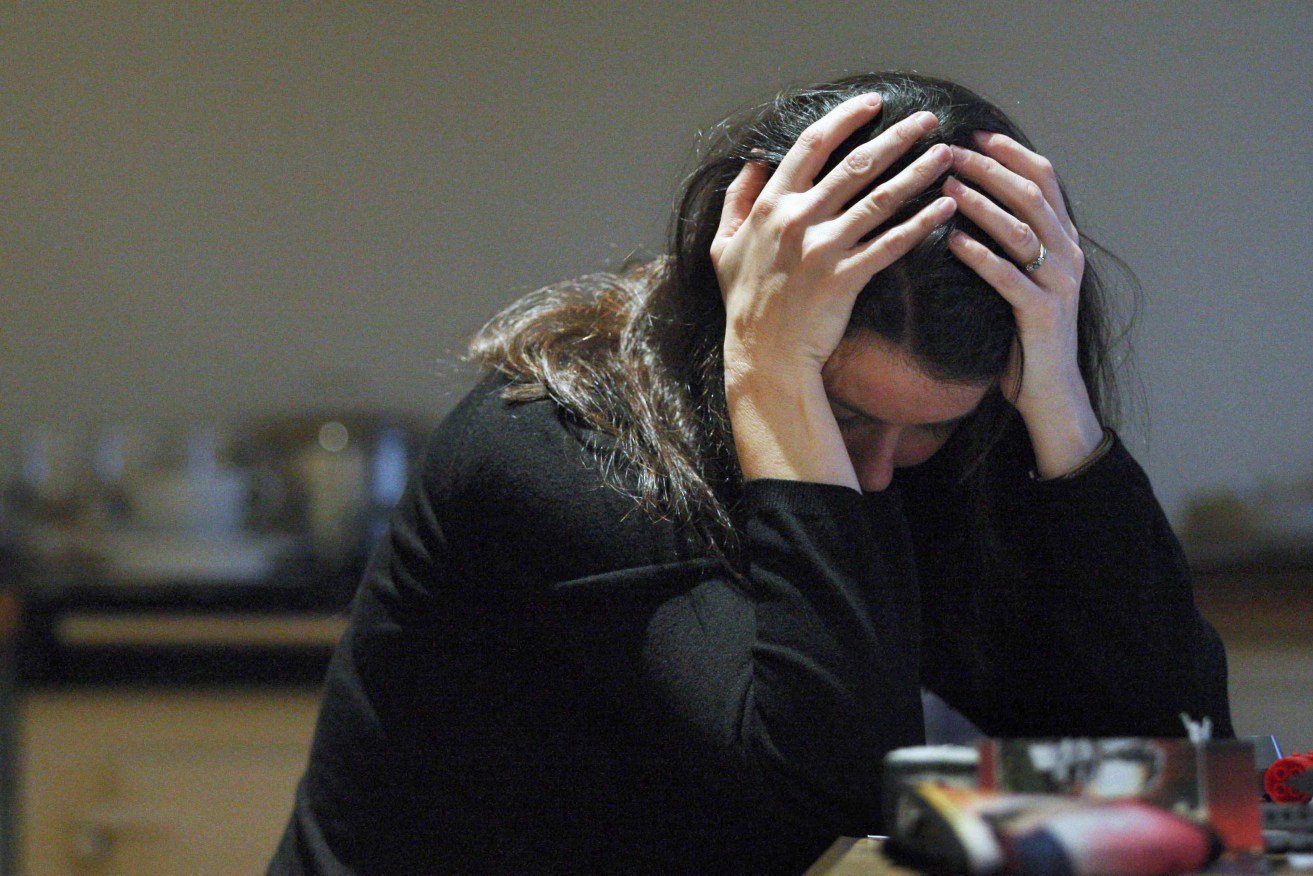“It’s not looking good”: SA wellness data reveals COVID-19 toll
Normal levels of wellbeing have halved in the South Australian community over the past month, according to an analysis of visits to a South Australian mental health website.


Photo: David Cheskin/PA Wire
At least 6000 people visited the South Australian Health and Medical Research Institute’s Wellbeing and Resilience Centre’s Be Well Plan website since it launched last month, with 590 people engaging with the site’s content.
Lead mental health researcher Joep van Agteren said before the COVID-19 outbreak, half of those who contacted SAHMRI for a mental wellbeing check or to inquire about a service displayed “good scores” of mental wellbeing, meaning they were not at-risk or did not show symptoms of distress.
However, he said a first look at Be Well Plan results shows “it’s not looking good” for mental wellness in South Australia, with only 20 per cent of participants displaying “good scores” compared to the prior 48 per cent.
“Normally people come to us to either measure their wellbeing or actively work on it, and in this case, it’s the same thing – people want to actively work on their mental health,” he said.
“What we see is that the people with normal levels of wellbeing have literally halved.”
The Be Well Plan consists of five online sessions spanning 10 hours, which gives users tailored strategies to strengthen their mental health.
It was designed to not only help individuals manage subclinical symptoms like anxiety or stress, but to bolster resilience.
Data shows the percentage of participants with low wellbeing and problematic symptoms of distress – mood, anxiety and stress – has increased by 27 per cent during the COVID-19 pandemic.
Individuals displaying mild to extremely severe levels of depression increased by 25 per cent, while similar displays of anxiety increasing by 16 per cent and stress rising by 23 per cent.
“What it shows to us is that people are actively seeking on improving their mental health, and also it’s not just the worried well who are trying to find new resources to kill time, but it actually just shows us that people are significantly doing worse,” van Agteren said.
“What we’re just noticing is that the people that are interacting with us now have way worse symptoms, which most probably indicates that there’s more trouble in society.”
van Agteren said more women than men signed up to the plan and the most common age was 30-40.
He said the largest takeaway was “the whole community kind of needs to have a little bit of a wakeup call to say, ‘It’s actually a bit more than just economy versus physical health situation.’
“There’s so much more going on – mental health, domestic violence, inequity – and I just think we’re not yet embracing it in the way I would like it to be.”
For mental health support by phone and video in relation to COVID-19, the State Government has established a COVID-19 Mental Health Support Line – 1800 632 753, available 8am to 8pm, seven days a week.
In a mental health emergency, call 13 14 65 – open 24 hours, every day.
Want to comment?
Send us an email, making it clear which story you’re commenting on and including your full name (required for publication) and phone number (only for verification purposes). Please put “Reader views” in the subject.
We’ll publish the best comments in a regular “Reader Views” post. Your comments can be brief, or we can accept up to 350 words, or thereabouts.




